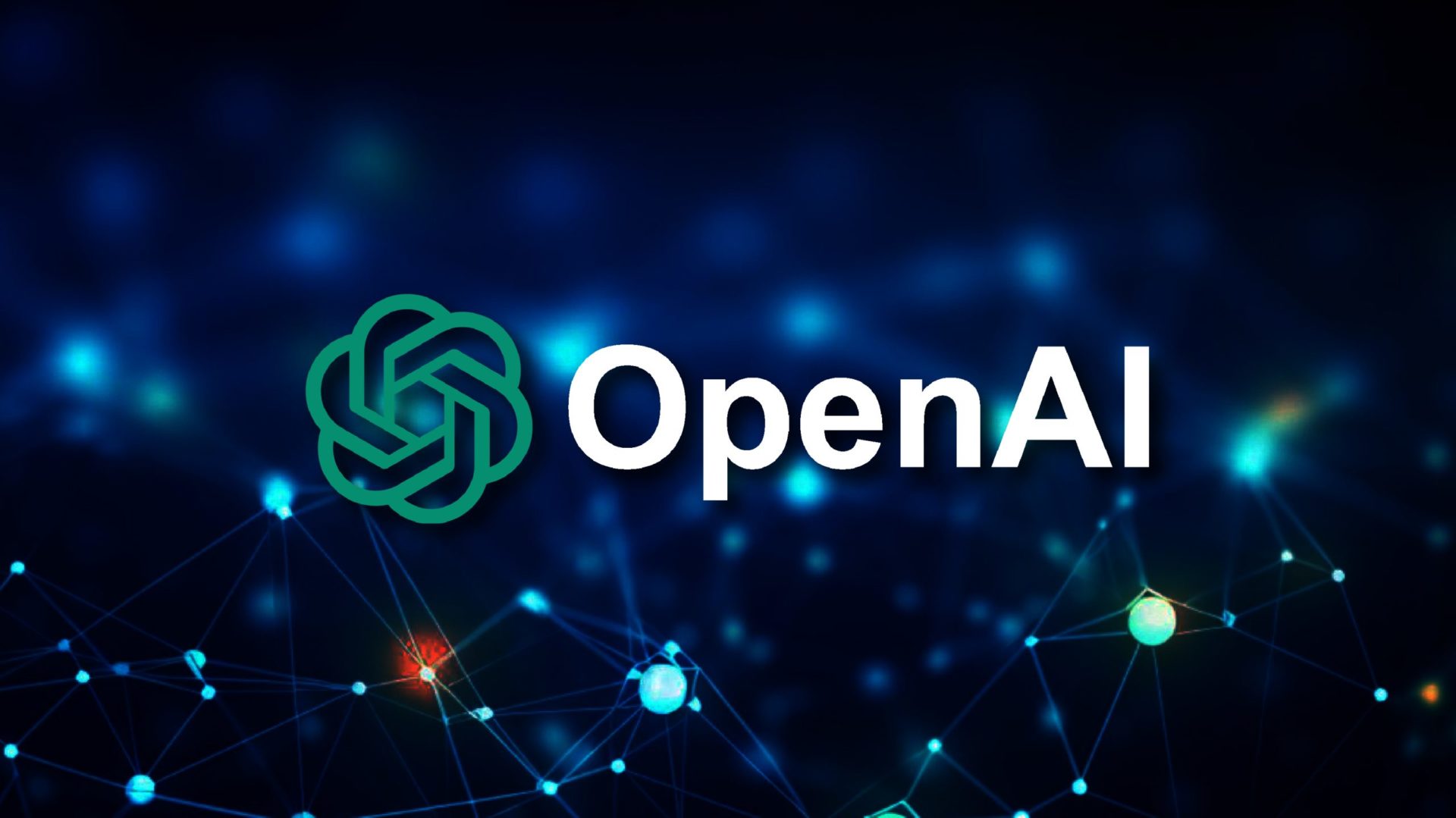In a surprising move, OpenAI has announced it will cut off API access to several regions, including China and Hong Kong. This sudden decision has caused significant issues for Chinese AI startups that rely on API calls to communicate with GPT models, as they will lose access starting next week.
 Chinese companies access OpenAI’s API in two ways: through Microsoft Azure Cloud services and by renting overseas servers to act as relays, though the latter can cause stability issues. This restriction presents an opportunity for Chinese-made LLM solutions to fill the gap left by OpenAI, potentially securing new deals and partnerships.
Chinese companies access OpenAI’s API in two ways: through Microsoft Azure Cloud services and by renting overseas servers to act as relays, though the latter can cause stability issues. This restriction presents an opportunity for Chinese-made LLM solutions to fill the gap left by OpenAI, potentially securing new deals and partnerships.
Qihoo 360 indicates that this shift will allow China’s LLM industry to grow, nurturing rising star companies while eliminating weaker ones and ensuring compliance with Chinese government regulations. Major organizations like Alibaba, Zhipu, Tencent, and Baidu are preparing to offer switch services to their own offerings, with incentives such as data migration plans and discount schemes.
Zhipu, in particular, matches OpenAI’s services in training, consulting, and technical support, while Baidu Intelligence emphasizes its rapid migration speed, claiming it can be completed in just five minutes.
This development highlights the expanding trade war between China and the US, now extending beyond goods and products to technology and AI. The appointment of NSA Director Paul M. Nakasone to OpenAI’s board and security committee suggests a potential connection to the decision to ban Chinese access.
Consequently, Sam Altman, OpenAI’s CEO, may lose a significant revenue stream due to the high volume of tokens created and consumed in China.
Source: Tom’s Hardware, Digitimes Asia






